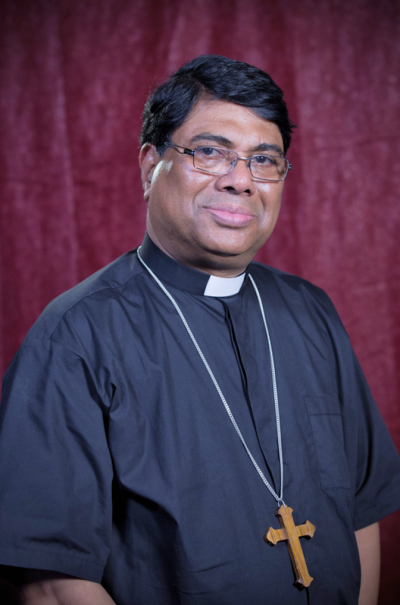India's New Money Policy Hurts Poor the Most

On the day the U.S. elected Donald Trump as president, Prime Minister Modi of India announced a sudden midnight decision to demonetize 86 percent of India's cash economy. His intention was to attack India's "black" economy — fueled by unaccounted for cash or "black money" — by forcing those who participate in illegal activities like tax evasion to disclose their finances.
While most Indians, including myself, support this idea, the experience of the last two weeks is proving the adage that the way to hell — or in our case, an economic hell — is paved with good intentions.
With the surprise banning of the 500 and 1,000 rupees notes, Indians were forced to scramble to banks and ATMs to exchange their bills for new currency, but the Reserve Bank, in an attempt to prevent tipping off possible culprits, did not print enough of the new notes for the market.
People would end up waiting for hours in long queues only to make it to the front of the line to find out the bank or the ATM had already run out of notes. Although there are an estimated 200,000 ATMs in India, the vast majority are yet to be calibrated to the new notes. One man even visited 23 ATMs in his quest to find money.
Adding to the ridiculousness of the situation is the government's indecisiveness. At first, Indians were only allowed to exchange old notes up to Rs. 4,000, then this changed to 4,500 and then to 2,000.
All of these combined factors have thrown the country into a spin: small businesses and the rural economy are collapsing; the transportation industry is at a standstill as most payments are made by check; and people are not able to access health care as very few want to go to the inefficient government hospitals or are unable to get the sick admitted into corporate hospitals who do not accept the old cash.
In the midst of the chaos, almost 50 people have died due to consequences related to the monetary change.
The sad side to this is that those who are truly reeling under the effects of this move are the working classes of India who live on daily wages and don't have access to bank accounts.
Over 80 percent of India works in the unorganized sector, which functions on a cash economy. This abundance and fluidity of cash presents an easy opportunity for a black economy to thrive, but we must remember the people working in this sector are among the most impoverished in the nation. Even more, most Indians use cash for basic purchases like food, fuel, clothes shopping, and small business agreements. Only a fraction is actually black money.
This upheaval to India's currency then presents a serious threat to the well-being of the most vulnerable in the country: the poor, the farmers, the Dalits and tribals.
A fifth of the population is part of the digital economy and thus has been spared most of the trouble with the currency change. The rest — mainly these groups — are the ones who pay the heaviest price of a rushed and forced transition. Those who have the least with which to suffer are forced to suffer the most.
If the government truly wants to eradicate black money from the economy, then it must implement a progressive plan that will fulfill its purposes while also taking into consideration those people who can be negatively affected by sudden change.
This plan should address not just the immediate causes of black money, like flushing out the stashes of unaccounted cash and tracking money siphoned abroad, but also the systemic issues that contribute to the reasons why black money is used in the first place.
The issue of "black money" is just one of many issues that need to be addressed. Just as President-elect Donald Trump is trying to do in the U.S., so must the Modi government review the high tax structure that propels the wealthy to invest their money in other countries. Taxation on property registration and construction also needs to be revised, as the real estate market is a main conduit for black money.
And finally, if the government is really serious, it needs to revamp political funding, which is one of the root causes of India's corruption. About $3 billion was spent between all of the parties who contested the last election. Where did that money come from? The political parties must also be willing to come under the Right to Information Act.
In the end, most Indians are honest and want to do what is right, but not at the cost of their kids' health and education. India needs reform, but it must come in a measured way that protects her people.



























